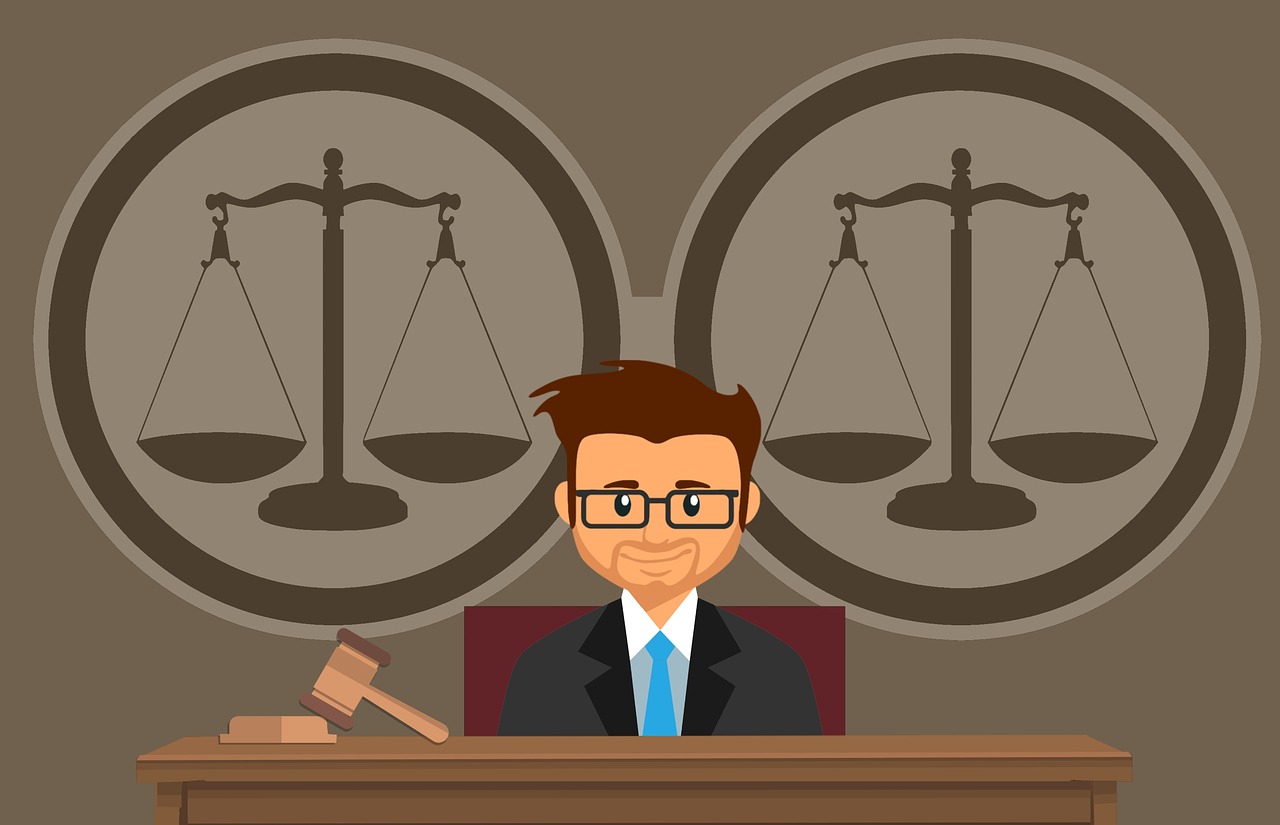Between ‘may be true’ and ‘must be true’ there is inevitably a long distance to travel and the whole of this distance must be covered by legal, reliable and unimpeachable evidence, this was upheld in the recent case of Mohd. Arman Mohd. Ali Khan v. The State of Maharashtra [CRIMINAL APPEAL NO. 685 OF 2010, CRIMINAL APPEAL NO. 662 OF 2010], listed in the Bombay High Court, Criminal Appellate Jurisdiction. The judgement was pronounced on February 14h 2022, and the said proceedings were presided by a coram comprising of Justice SMT. Sadhana S. Jadhav & Justice Prithviraj K. Chavan.
The facts, as presented before the court of law, are as follows. The appellants herein were convicted for the offence punishable under section 302 read with section 34 of the Indian Penal Code. The appellants are further convicted of the offence punishable under section 201 read with section 34 of the Indian Penal Code.
Nurul Hasan Khan lodged a report with Trombay Police Station alleging therein that his uncle Nadir Khan owned Shop was closed at about 8.30 p.m. but, it normally remained open till midnight. He called upon the people in the locality and opened shutter. There he noticed the dead bodies of Suresh Murav and Dilshad Khan. Suresh Murav worked in the said shop along with Dilshad.
While the case being heard, many landmark judgments of Anwar Ali & anr. v. State of Himachal Pradesh [(2020) 10 SCC 166], State of Rajasthan v. Rajaram [(2003) Cr. L. J. 3901], Balwinder Singh v. State of Punjab [1996 AIR SC 607] were quoted in order to put emphasize on the pertinent case. The Supreme Court ruling in the case of Balwinder Singh v. State of Punjab [1996 AIR SC 607] was emphasised. It was held that “An extra-judicial confession by its very nature is rather a weak type of evidence and requires appreciation with great deal of care and caution…”
The Court, after hearing both the sides, analysing facts, and considering a perusal of all evidences, emphasised the ruling in Sarwan Singh v. State of Punjab [1957 AIR 637] that “considered as a whole, the prosecution story may be true; but between ‘may be true’ and ‘must be true’ there is inevitably a long distance to travel and the whole of this distance must be covered by legal, reliable and unimpeachable evidence…” The court in light of the above, held that the appeals were to be allowed.
Judgment reviewed by Pranav Sharma


